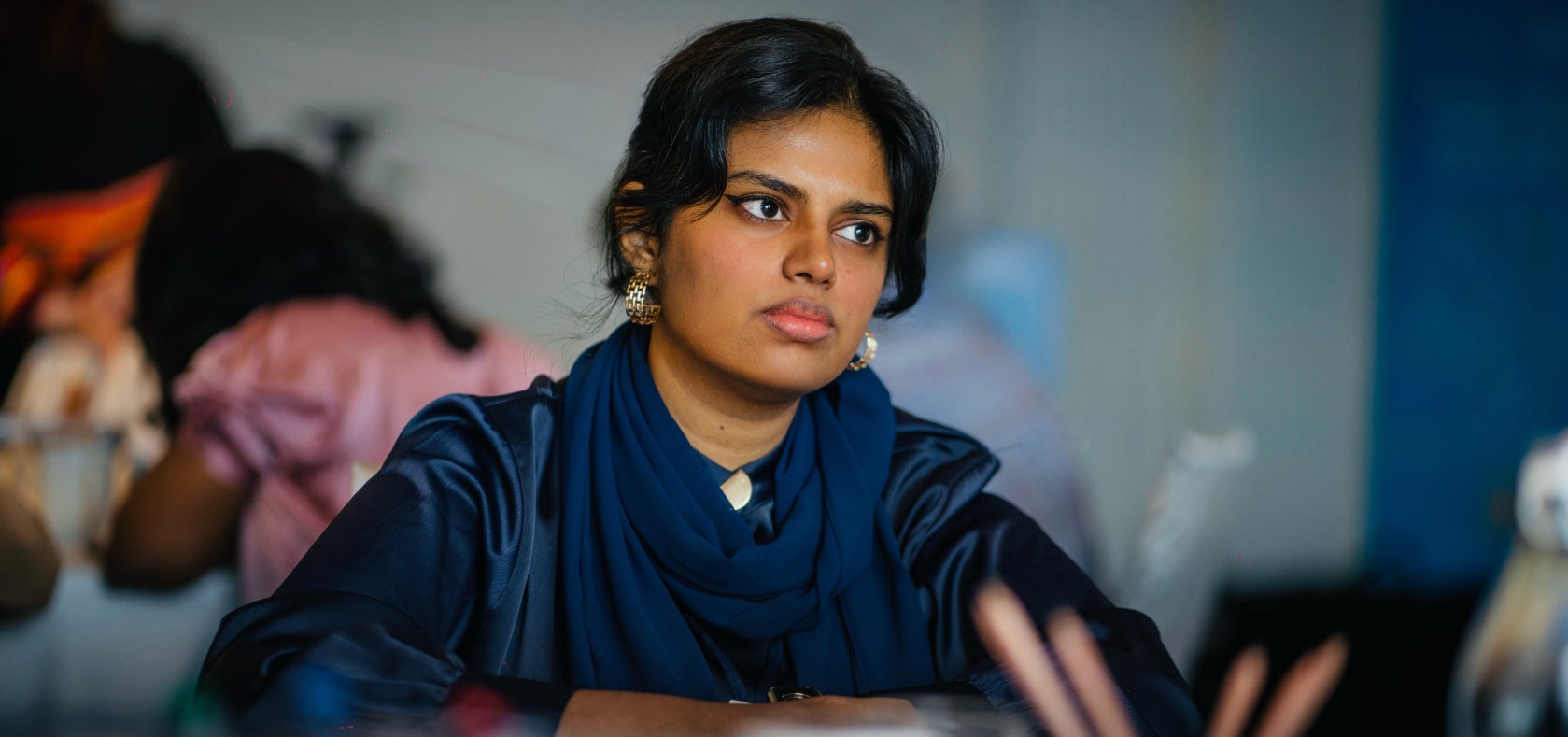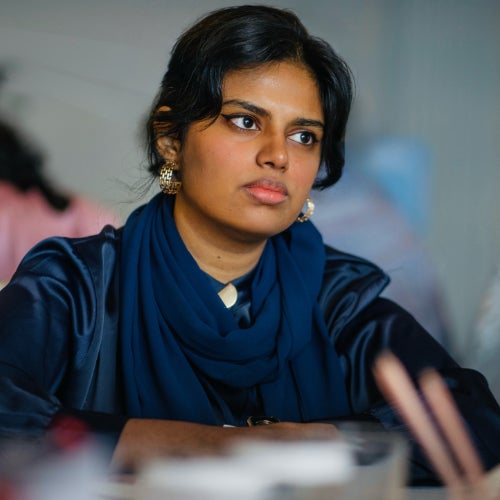Beijing+30 Youth Blog: Minority women’s struggle for equality in Sri Lanka
Date:
Author: Fawzul Himaya Hareed, writer and communications specialist, Sri Lanka

How do we define a world that is just and equal? For a world to be equal, everyone must have the opportunity to stand up and speak for themselves. They must be given the ability to determine a life that is theirs.
Women across Sri Lanka witness violence in a multitude of ways. Whether it is through the very institutions that are designed to protect us or in our homes, violence limits our ability to take autonomy over our own lives. This violence can take many forms. Whether it is domestic abuse, armed conflict or even the impact of income insecurity in the face of the worst economic crisis our island has ever witnessed.
Minority women, such as a Muslim women in Sri Lanka, also witness a unique form of violence that is perpetuated by the laws that bind us. This discrimination denies women the ability to consent their marriages in written form, doesn’t set a minimum age for marriage, and at times prevents women from enjoying their rights to child maintenance, inheritance, obtaining an equal divorce and more. This violence is further perpetuated by denying women access to participate in decision-making spaces, and their right to participate and pursue justice. It prevents them from taking active measures in health, security, education, and more, denying their livelihood and wellbeing.
The Beijing Declaration and Platform for Action calls for measures that protect women´s rights, through human rights instruments, especially like the Convention on the Elimination of All Forms of Discrimination Against Women (CEDAW) and the Child Rights Convention (CRC). It also calls to strengthen national machineries and governmental bodies, integrating gendered perspectives in legislation and public policy and promoting the girl child's awareness of their social, economic and political life.
But for tangible change to take place, it is imperative that we do what we can to ensure that women and children continue to be protected and heard. Minority women’s voices must not be dismissed. We must acknowledge and understand the grave risk they take to voice out their concerns.
It is imperative that we hold our institutions and bodies accountable to listen to these women and their recommendations. These are lived realities by real women and laws that encompass every aspect of their lives. To imagine a world that is just and equal, it is imperative we pay attention.
Biography:

Fawzul Himaya Hareed (she/her) is a writer and communications specialist based in Kandy, Sri Lanka. Himaya is passionate about using the Internet to open conversations and creating safe online spaces for women and girls. She currently runs her own newsletter and works as a growth marketer. At Sisterhood Initiative, she oversees social media campaigns and online outreach efforts. She also facilitates conversations surrounding women’s rights and gender — especially around Muslim women affected by personal family laws in Sri Lanka.
